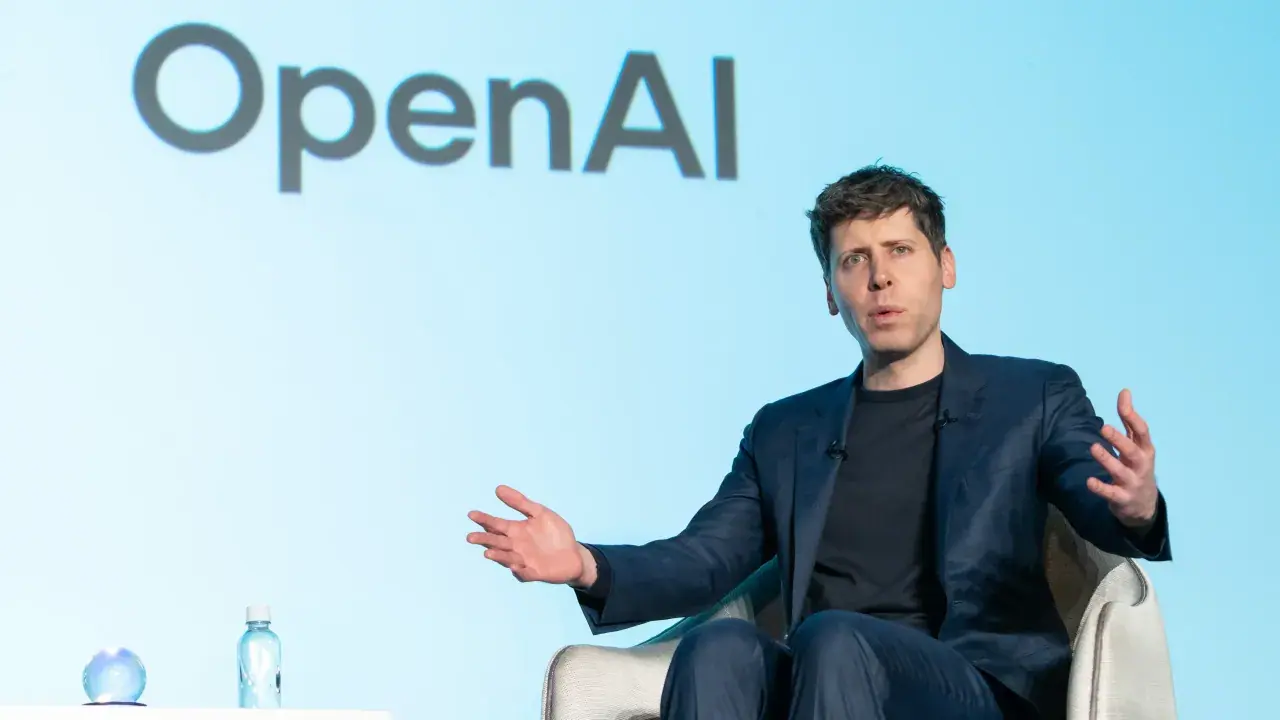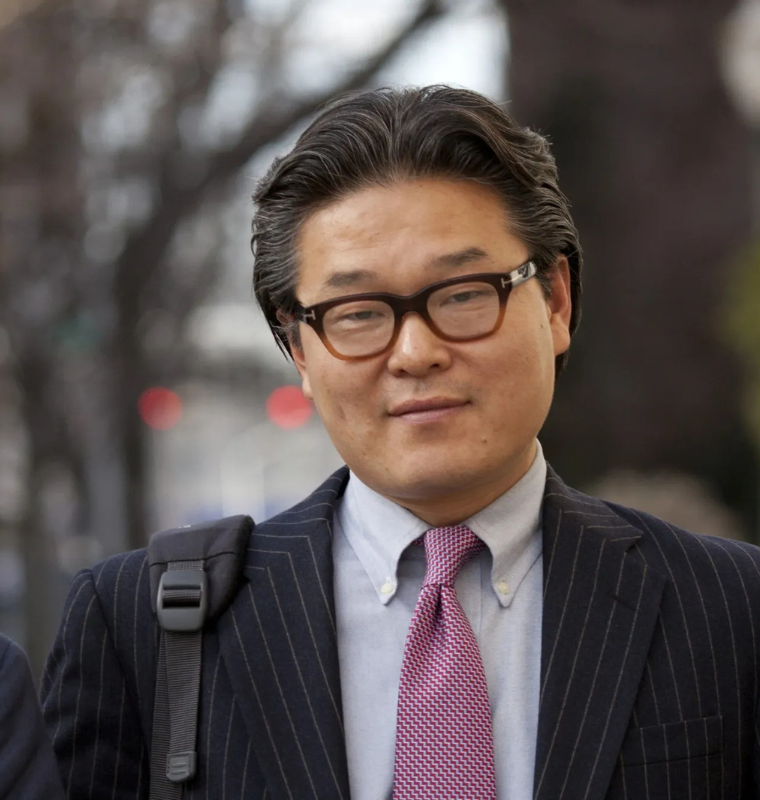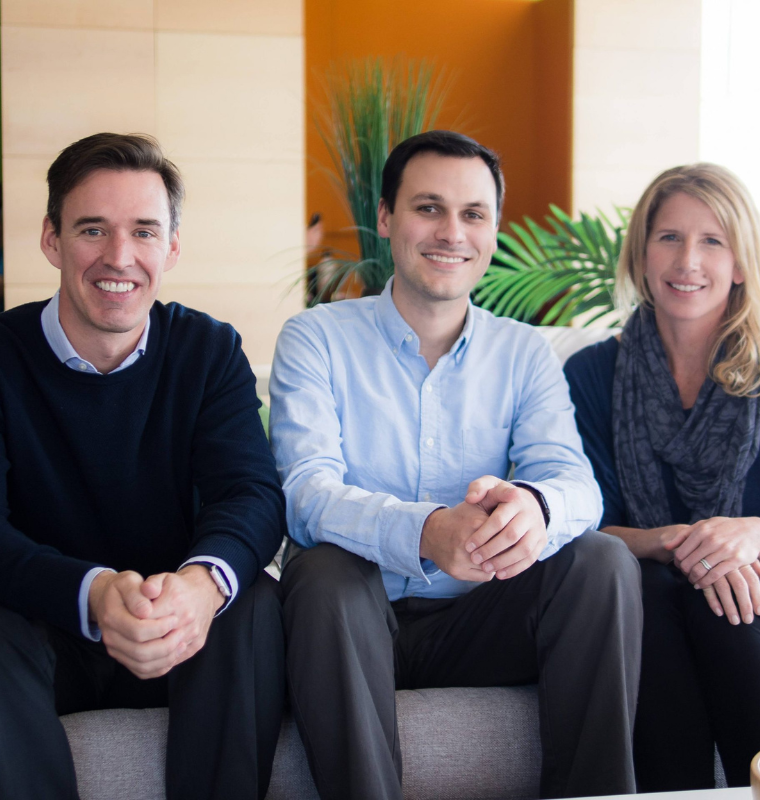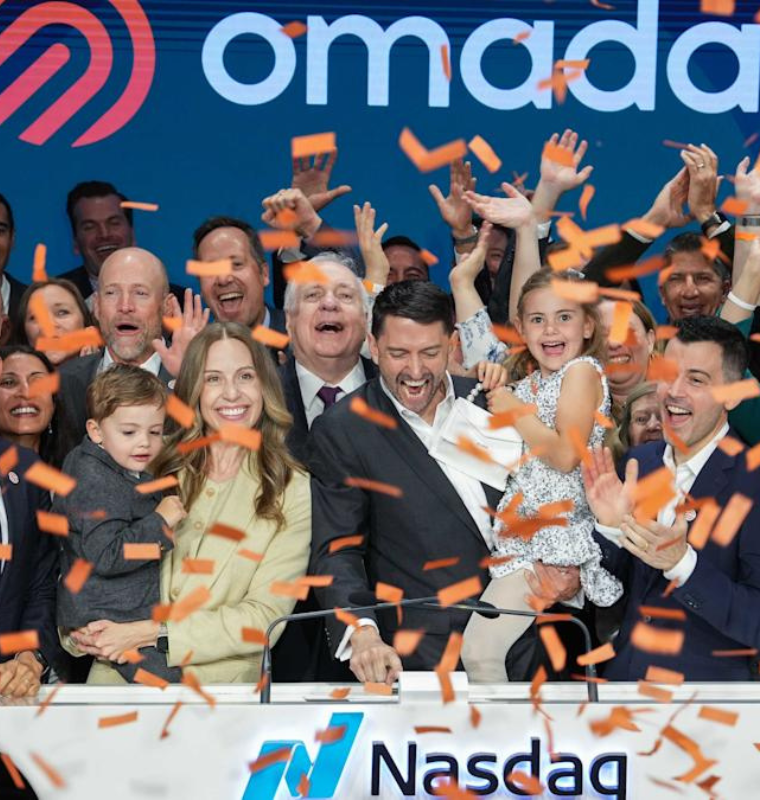OpenAI Eyes $500 Billion Valuation in Potential Share Sale Amid Explosive Growth
OpenAI Eyes $500 Billion Valuation in Potential Share Sale Amid Explosive Growth
By
Junia Wells
Last updated:
August 6, 2025
First Published:
August 6, 2025

Photo: Asianet Newsable
OpenAI in Early Talks for Secondary Share Sale at $500 Billion Valuation
OpenAI, the company behind ChatGPT, is reportedly in early discussions with investors for a secondary share sale that could value the company at an eye-popping $500 billion, according to two individuals familiar with the negotiations.
The deal, still in preliminary stages, would involve current and former employees selling shares—rather than OpenAI issuing new equity. Thrive Capital, one of OpenAI’s existing investors, is said to be in discussions to lead this potential round, although details are still under wraps due to the private nature of the talks.
Bloomberg was the first to break the news of the developing deal.
From $300 Billion to $500 Billion: OpenAI's Valuation Boom
The new share sale would mark a remarkable leap in valuation for OpenAI. Earlier this year, the company raised funds at a $300 billion valuation in a financing round led by SoftBank, with participation from other tech-focused funds. Just last week, OpenAI completed an $8.3 billion tranche tied to that round—making it one of the largest capital infusions in tech startup history.
OpenAI’s valuation trajectory is virtually unmatched. After launching ChatGPT in late 2022, the company quickly ascended as the leader in generative AI, drawing widespread investor and enterprise interest. Its pace of growth in both revenue and user engagement has only added fuel to the fire.
$20 Billion in Projected Annual Revenue and 700 Million Weekly Users
According to internal projections reported by CNBC, OpenAI’s annual recurring revenue (ARR) is expected to surpass $20 billion by the end of 2025, doubling from $10 billion as of June. This surge is largely attributed to the growing adoption of its AI models—especially through ChatGPT Enterprise and API usage by developers.
Additionally, the company announced earlier this week that ChatGPT is nearing 700 million weekly active users, making it one of the most widely used consumer-facing tech tools in the world today.
Open Models and New Releases: Expanding Developer Ecosystem
In a major technical update, OpenAI recently released two open-weight language models—the company’s first since GPT-2 in 2019. These models are designed to offer lower-cost, customizable solutions for developers and researchers, reflecting OpenAI’s strategy to democratize access to cutting-edge AI tools.
These open-weight models are expected to attract more academic institutions, smaller startups, and independent researchers who were previously unable to afford proprietary solutions like GPT-4.
Competitive Landscape: Anthropic in the Rearview
While OpenAI continues to dominate, rivals like Anthropic are rapidly gaining ground. According to reports, Anthropic is currently seeking between $3 billion and $5 billion in new funding from Iconiq Capital, at a valuation of up to $170 billion. That’s a massive jump from its $61.5 billion valuation in March, showing the fierce competition heating up in the generative AI space.
Still, OpenAI’s momentum, brand recognition, and enterprise traction keep it several steps ahead of the competition—for now.
The Big Picture: A Tech Titan in the Making?
If OpenAI succeeds in its current talks and hits the $500 billion mark, it will become one of the most valuable private companies in history, joining the ranks of giants like ByteDance, SpaceX, and Saudi Aramco (pre-IPO).
Analysts view this potential secondary sale as a move to reward early employees and investors, while keeping dilution off the table. But more importantly, it signals that OpenAI is building not just a groundbreaking product, but a generational company—possibly on track for a public listing in the future.
With massive revenue growth, an expanding developer ecosystem, and global AI adoption accelerating, OpenAI’s half-a-trillion-dollar valuation may not be a stretch—but a milestone on a much longer journey.
Popular articles
Subscribe to unlock premium content
How Egypt’s Economic Gamble on Mega Projects Backfired

Bill Hwang and the Archegos Meltdown How Leverage Broke the System

NFTs and Digital Art Was the Hype Worth the Crash

How Egypt’s Economic Gamble on Mega Projects Backfired

Bill Hwang and the Archegos Meltdown How Leverage Broke the System

How Egypt’s Economic Gamble on Mega Projects Backfired









